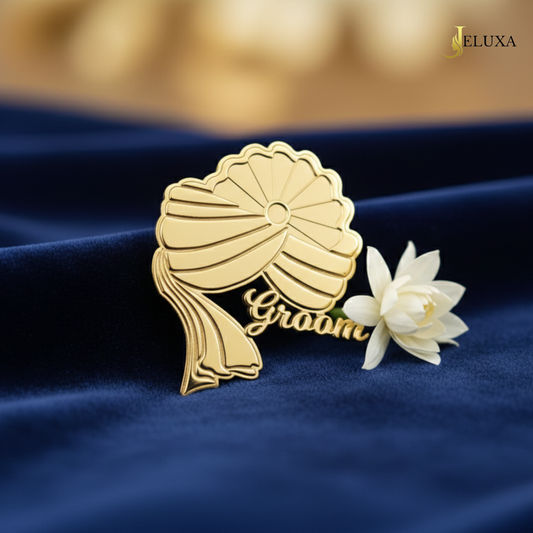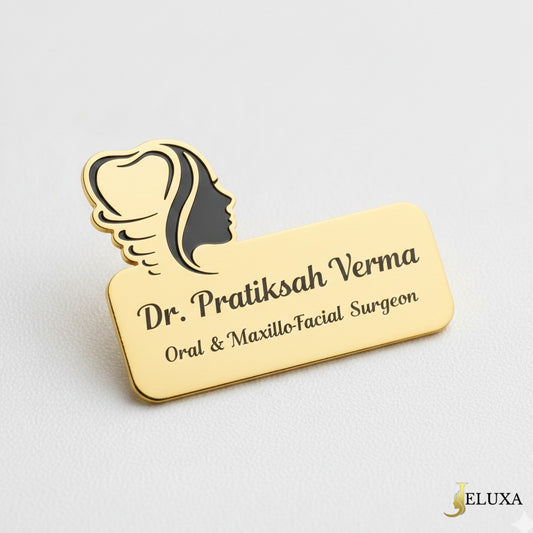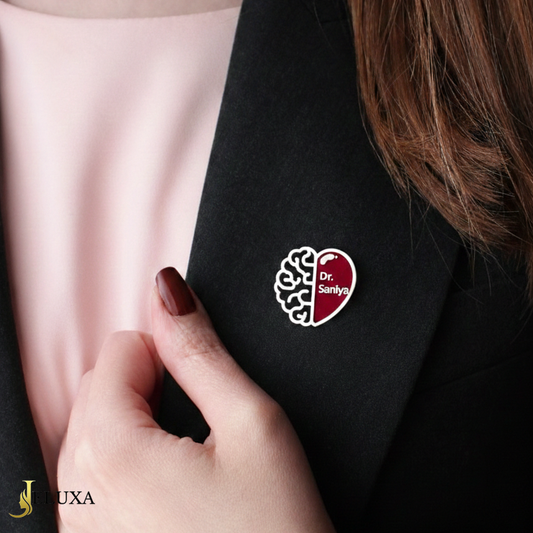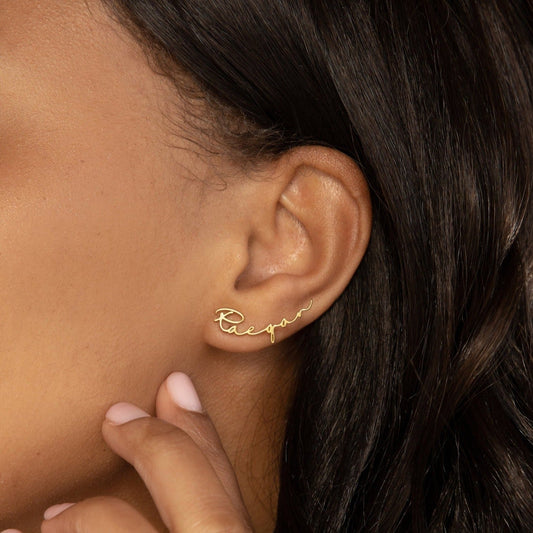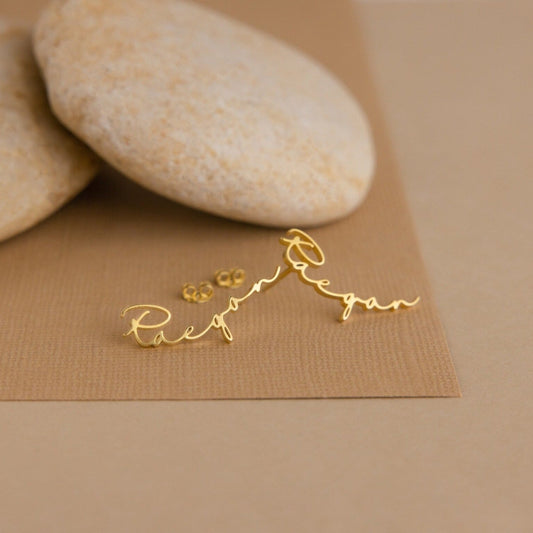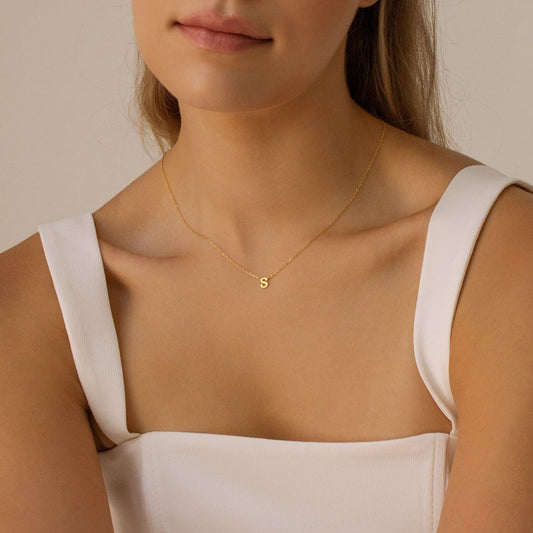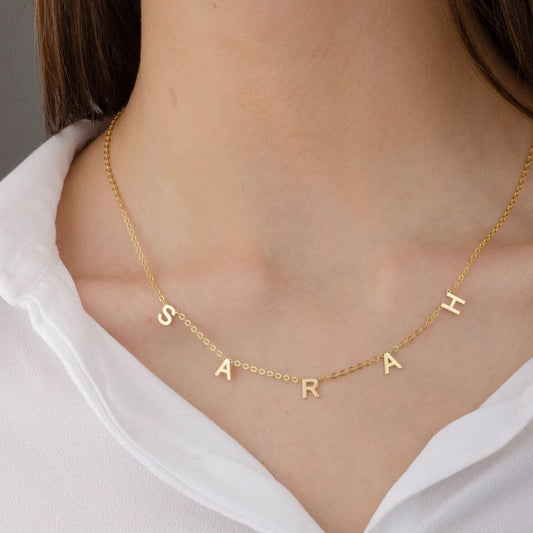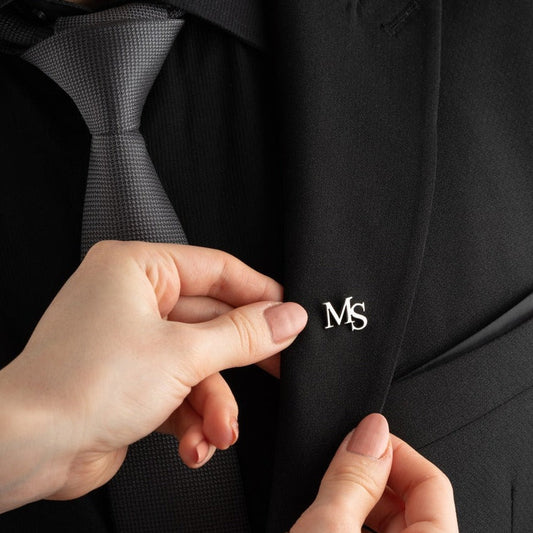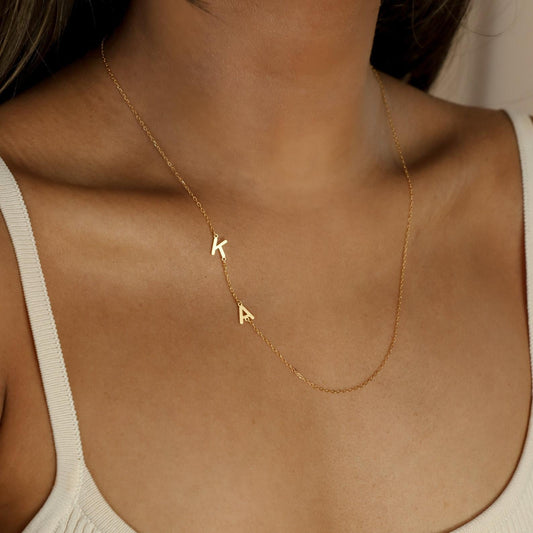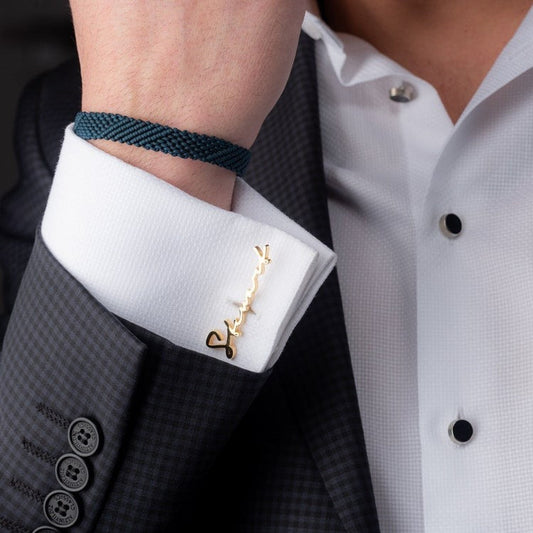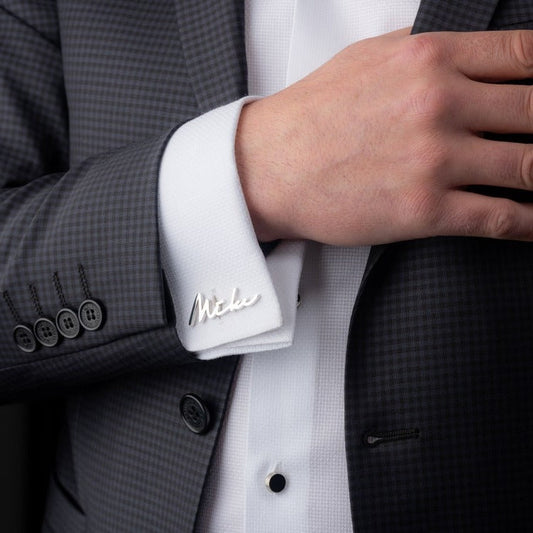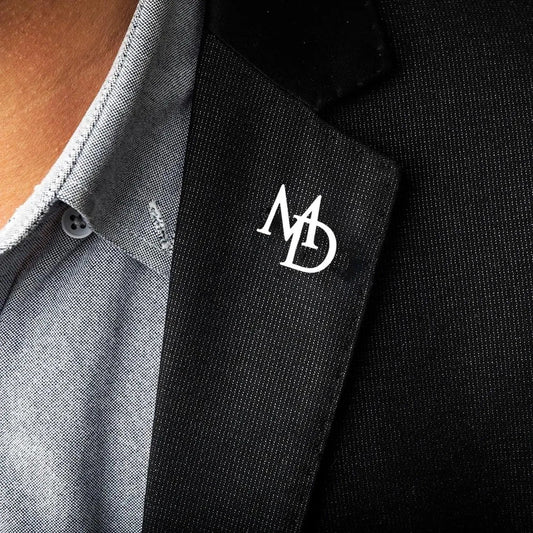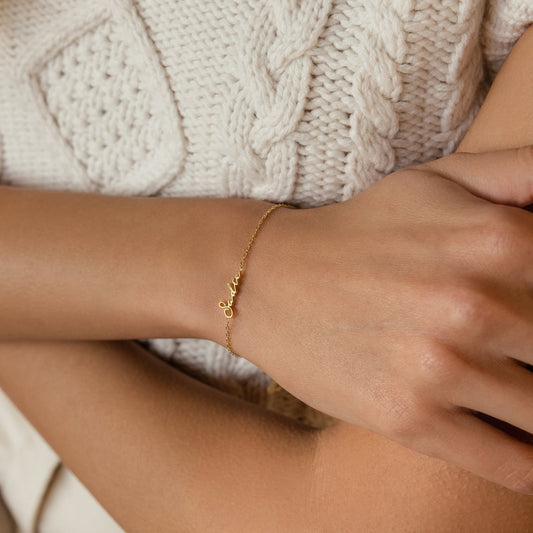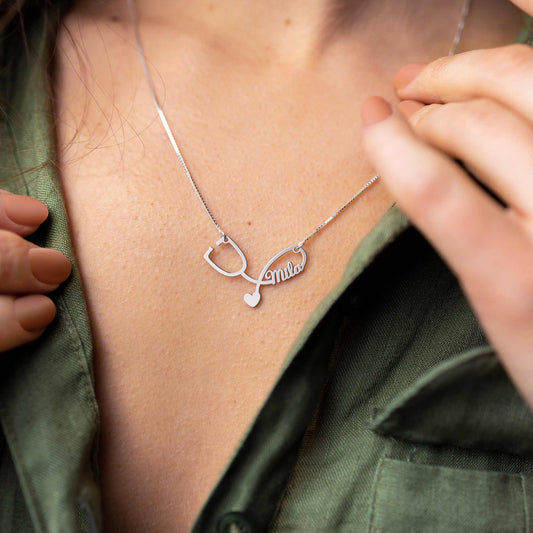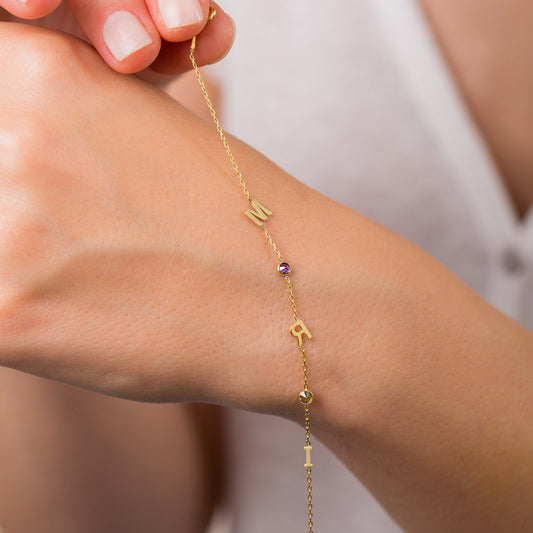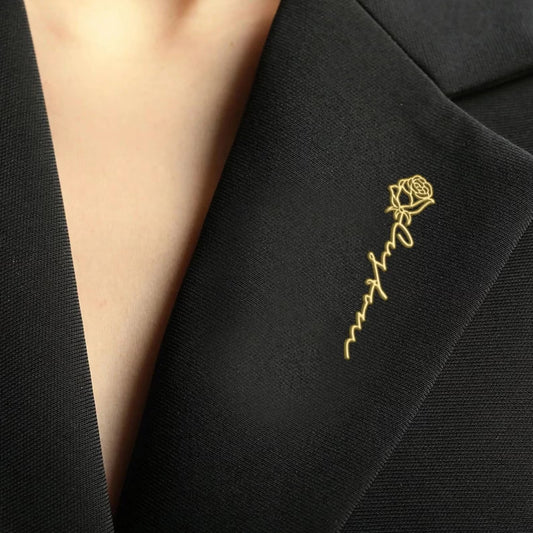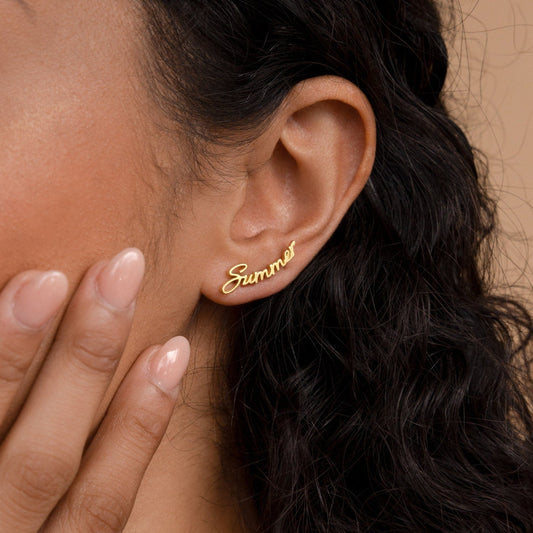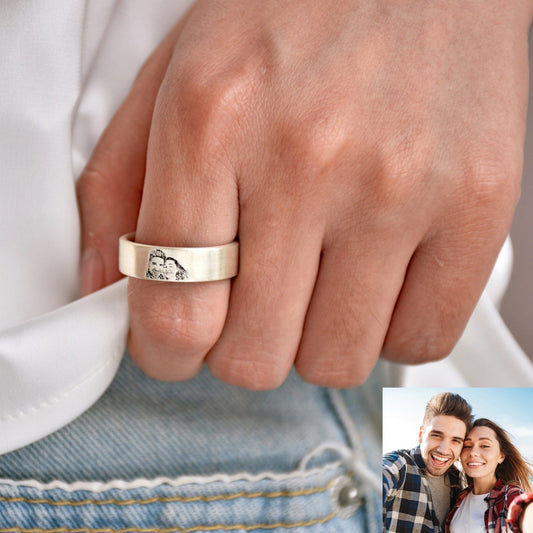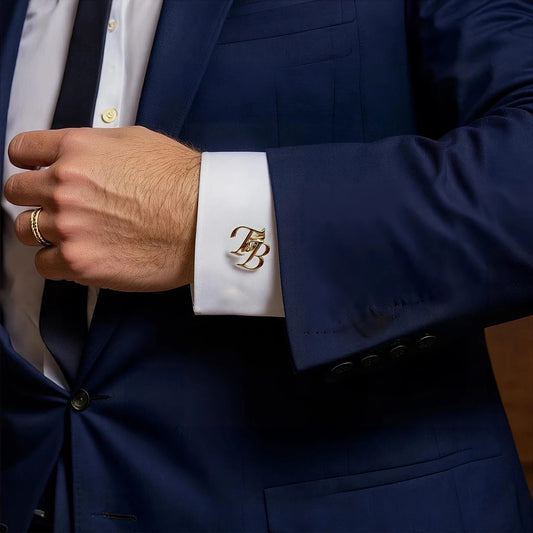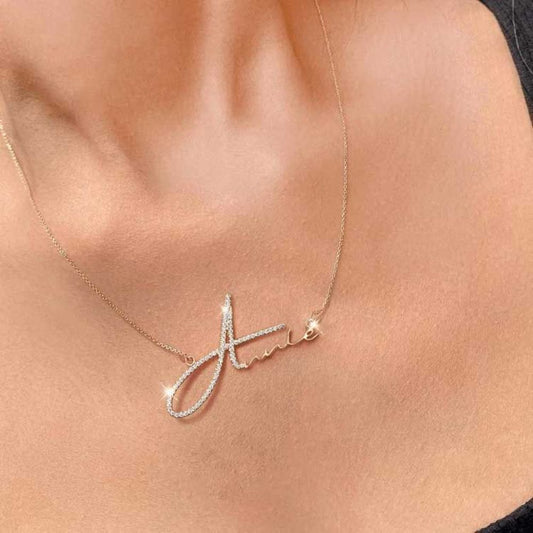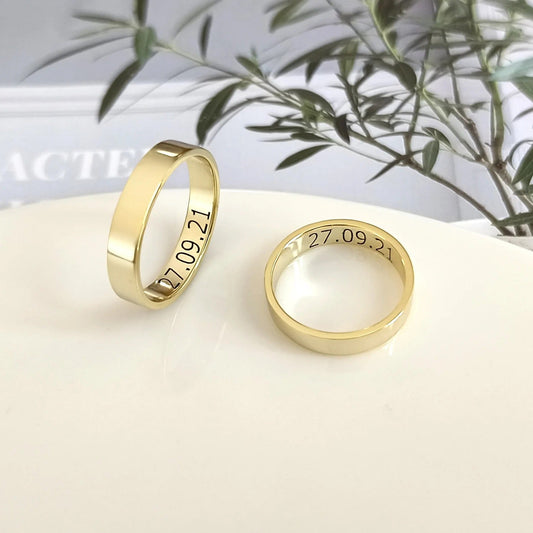How to Buy Hypoallergenic Jewellery?
28 Jan 2025
If you have sensitive skin or allergies to certain metals, buying hypoallergenic jewelry can help minimize skin reactions and allow you to enjoy wearing jewelry comfortably. Here are some tips to consider when buying hypoallergenic jewelry:
Choose hypoallergenic materials: Look for jewelry made from hypoallergenic materials that are less likely to cause allergic reactions. Some common hypoallergenic options include:
Surgical stainless steel: This is a popular choice for hypoallergenic jewelry as it is resistant to corrosion and unlikely to cause allergies.
Titanium: It is a lightweight and durable metal that is known for its hypoallergenic properties.
Niobium: This metal is often used in hypoallergenic jewelry due to its low reactivity.
Platinum: It is a high-quality metal that is less likely to cause allergies.
18K or higher gold: Look for jewelry made from higher karat gold as it contains a lower percentage of alloys that can cause reactions.
Sterling silver: While not entirely hypoallergenic, sterling silver (92.5% pure silver) is less likely to cause allergic reactions compared to other metals.
Avoid nickel and other common allergens: Nickel is a common allergen that can cause skin reactions. When buying jewelry, ensure it is nickel-free or has a very low nickel content. Also, avoid jewelry made from other potential allergenic materials such as brass or certain plated metals.
Read product descriptions and labels: Pay attention to product descriptions and labels when purchasing jewelry. Look for terms like "hypoallergenic," "nickel-free," or "skin-friendly" to ensure that the jewelry is designed for sensitive skin.
Buy from reputable sources: Purchase hypoallergenic jewelry from reputable jewelers or retailers who specialize in hypoallergenic products. They are more likely to provide accurate information about the materials used in their jewelry.
Test the jewelry: If possible, try wearing the jewelry for a short period to test for any allergic reactions before making a long-term commitment. Place the jewelry on a small area of your skin, such as the inside of your wrist, and monitor for any adverse reactions.
Consider coatings and platings: Some jewelry is coated or plated with hypoallergenic materials like rhodium, which can provide an additional layer of protection and prevent direct contact between your skin and potentially reactive metals.
Consult with a dermatologist or allergist: If you have severe metal allergies or skin sensitivities, it's advisable to consult with a dermatologist or allergist. They can perform patch tests to identify specific allergens and provide personalized recommendations for hypoallergenic jewelry options.
Remember, while hypoallergenic jewelry reduces the risk of skin reactions, individual sensitivities can vary. It's always a good idea to listen to your body and discontinue wearing any jewelry that causes discomfort or irritation.
Tags:

